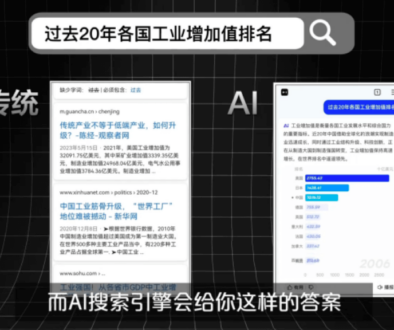Baidu Intensifies Efforts Against Online Literature Piracy: Impacts and Implications
In a significant move, Baidu, China’s leading search engine, has announced a robust campaign against online literature piracy. This crackdown is not just a win for intellectual property rights; it has profound implications for content creators, digital marketers, and the SEO landscape.
Baidu, often referred to as the ‘Google of China,’ is instrumental in shaping the country’s digital environment. However, like many digital platforms, it faces challenges with online piracy. The rampant copying and unauthorized distribution of online literature have been a long-standing issue, affecting authors, legitimate websites, and the publishing industry at large.
Baidu’s recent announcement marks a significant escalation in its fight against digital piracy. Key highlights include:
- A reaffirmed commitment to protecting intellectual property.
- The discovery of extensive pirated content on certain websites, along with attempts to manipulate search rankings.
- Enhanced efforts, including increased manpower, resources, and technology, to combat piracy.
Baidu plans to work closely with rights holders, promoting legal online literature to enhance the user experience and create a cleaner digital ecosystem.
Implications for SEO and Digital Marketing: This initiative is set to shake up the SEO strategies for online literature sites. Websites involved in distributing pirated content face potential demotion or removal from search results. Digital marketers and webmasters must now navigate these new waters carefully, prioritizing originality and legal compliance in their content strategies.
Impact on Content Creators and Publishers: For authors and publishers, Baidu’s move is a beacon of hope. It promises better protection of their works and fairer competition on digital platforms. This could lead to a surge in high-quality, original online literary content, benefiting both creators and consumers.
Future Outlook: Baidu’s crackdown might set a precedent for digital content protection in China and could inspire similar actions globally. The future of online literature seems to be pivoting towards greater respect for copyright laws and ethical content distribution.
Conclusion: Baidu’s announcement is a significant step in the right direction for copyright enforcement in the digital age. It underscores the necessity for adherence to intellectual property laws in digital marketing and content creation, ensuring a fair and legal online environment for all.
We invite our readers to share their views on this development. How do you think Baidu’s crackdown on online literature piracy will shape the future of digital content? Join the discussion below.



